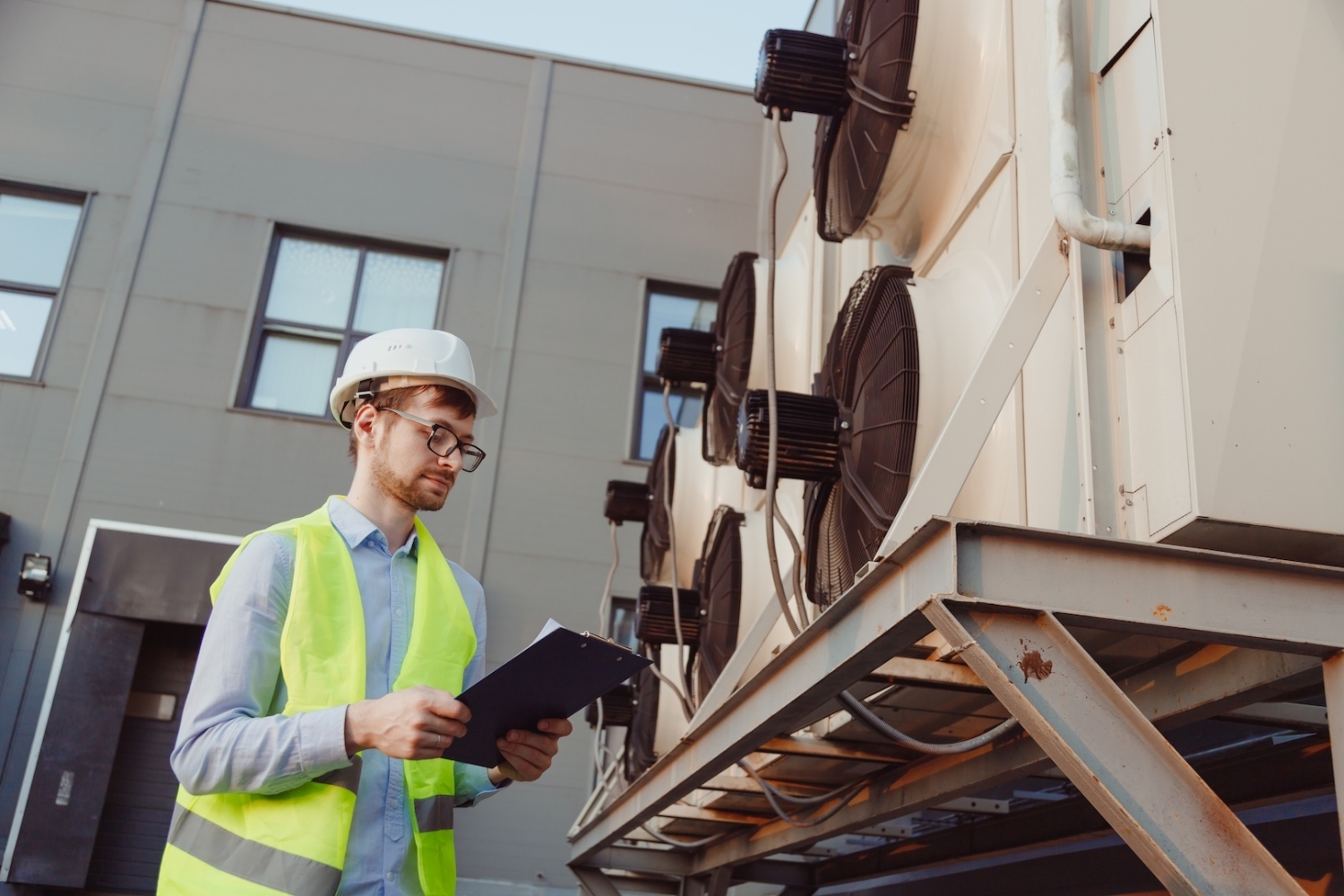Good Property Management Is About Prevention

In some ways, maintaining an investment in residences for rent is similar to the kind of health management you would conduct for your benefit. This is especially true when it comes to keeping the property in good condition. Just like personal health care, the best and most cost-effective form of property management is preventive. It’s far less costly to spend a little time maintaining a property in good condition than it is to wait until a major issue arises that requires expensive resolution.
Here are some strategies for good preventive measures to take that can avoid more expensive repairs down the line.
Usage Based Inspections
There are some aspects of a building, such as elevators or equipment in a gym, that run almost continuously as and when residents need them. As a result of this frequent usage, these units will, even with top-quality products and installation, still require occasional upkeep to run in good order.
Prudent property management is about taking note of recommended usage levels for these components and ensuring they are inspected—and maintained, if necessary—like health or dental checkups. This has a greater chance of finding minor issues that are easily and cheaply dealt with rather than allowing them to grow, unknown and untreated, into major, expensive problems.
Time-Based Maintenance
There are other aspects of a building that should be scheduled according to specific times, often based on seasonal usage. HVAC units, for example, switch from heating in the winter months to cooling during the summer season. These different aspects should be inspected if they are separate units, such as a furnace and air conditioner.
Rain or winter considerations may also affect components of a building, such as roofing, gutter blockage, and management. When possible, it’s always a good idea to schedule these inspections well ahead of time and have reputable service providers and inspect and maintain them so they’re ready for their respective seasons of usage.
Risk-Based
There are some aspects of a building that can be devastating if problems occur. Electrical issues can result in fires, while breaks in water or drainage pipes can lead to leakage problems that may even pose health hazards. It’s always a good idea to prioritize aspects of a residence that may pose a risk, especially an expensive one, and dedicate scheduled inspections.
These days, it’s even possible to install “smart sensors” that can monitor these issues and provide an early warning on anything that may grow into a larger problem.
If you’d like to help better manage your property rental investments, contact Occupancy Solutions and let us help.













